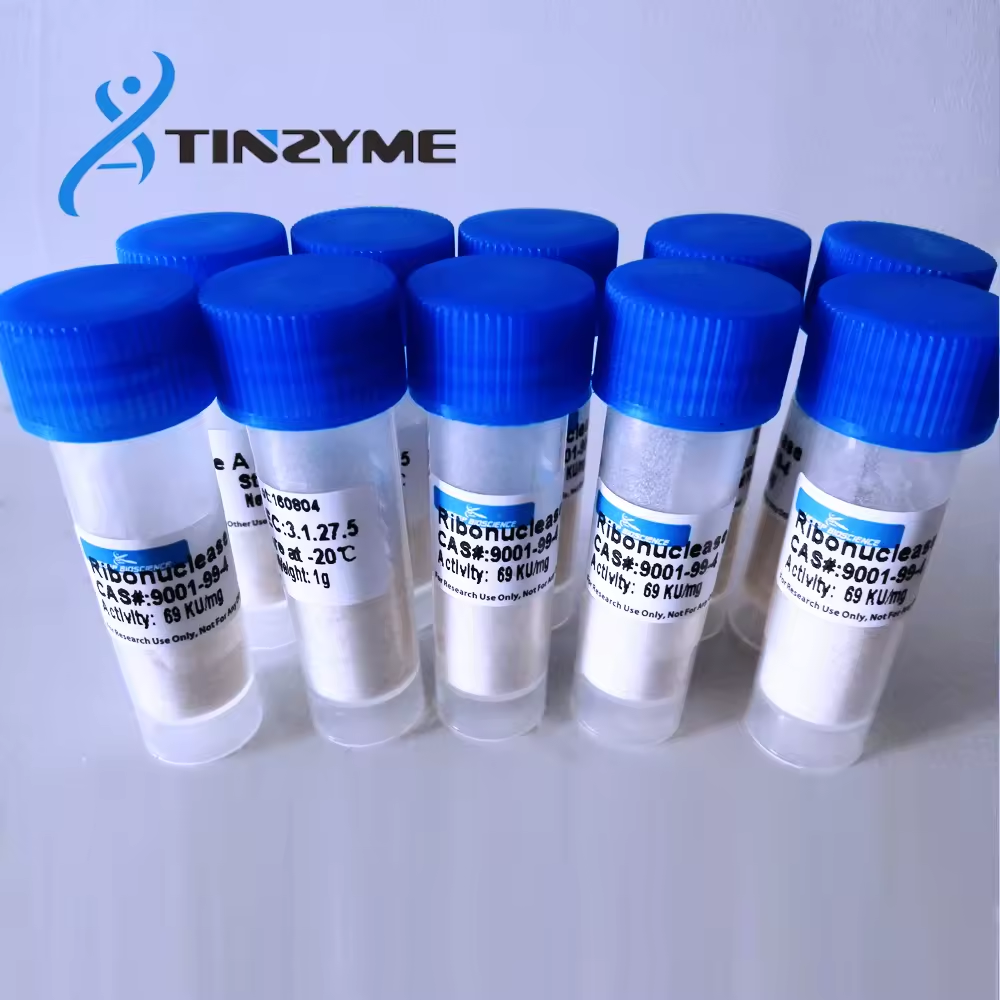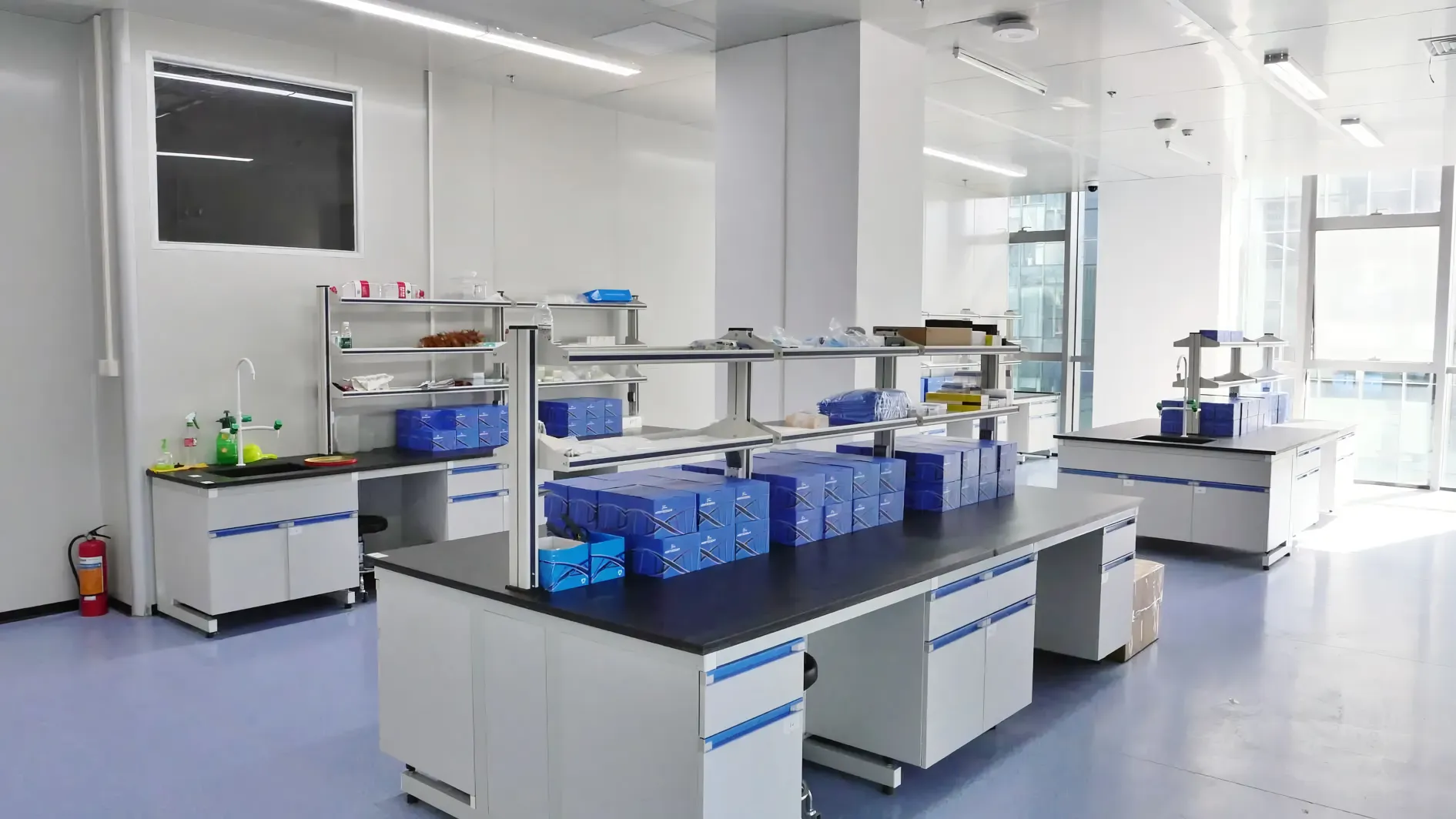What is T7 RNA polymerase?
The T7 RNA polymerase (T7 RNAP) is an enzyme with high efficiency and specificity, derived from the bacteriophage T7. It helps in transcribing nucleic acids by converting DNA sequences into RNA molecules. The excellence of this enzyme lies in its ability to recognize and attach itself to the T7 phage promoters during initiation of transcription. Although it is a single-subunit enzyme with a molecular weight of about 98,000 Da; T7 RNAP shares some homology with DNA polymerase I family of polymerases but differs structurally from multisubunit RNA polymerases found in eukaryotes.
In the transcription process, T7 RNAP attaches itself specifically to promoter DNA starting from nucleotide position -17 through −5. From position −4 to +3, it melts down the double-stranded structure of DNA thereby enabling RNA synthesis initiation. Processivity of the protein allows it transcribe an entire gene without other proteins’ help thus making it widely used for in vitro RNA synthesis. The fact that T7 RNAP can start transcription at any specific site by binding a 17-base-pair promoter DNA makes different from other RNA polymers.
Many researchers have come to appreciate T7 RNAP because of its efficiency and specificity which has made it very important tool in molecular biology and biotechnology applications such as cloning where one needs produce any length RNAS easily thru overexpressing them using cloning vectors containing inducible tetracycline operator sites inserted downstream region under control lacUV5 promoter sequence cloned into pET vector etc.. Another use would be synthesis mRNA s for research or commercial purposes since full-length transcripts are produced when using this type rna polyermase structural studies on t- Seven Pico have helped us understand how these enzymes work better during transcriptions so far
Get A Quote

 EN
EN
 AR
AR
 BG
BG
 CS
CS
 NL
NL
 FR
FR
 DE
DE
 EL
EL
 HI
HI
 IT
IT
 JA
JA
 KO
KO
 PL
PL
 PT
PT
 RO
RO
 RU
RU
 ES
ES
 SV
SV
 TL
TL
 IW
IW
 ID
ID
 SL
SL
 UK
UK
 VI
VI
 ET
ET
 HU
HU
 MT
MT
 TH
TH
 TR
TR
 FA
FA
 AF
AF
 MS
MS
 GA
GA
 AZ
AZ
 UR
UR
 BN
BN
 MN
MN
 MY
MY
 UZ
UZ
 KU
KU


